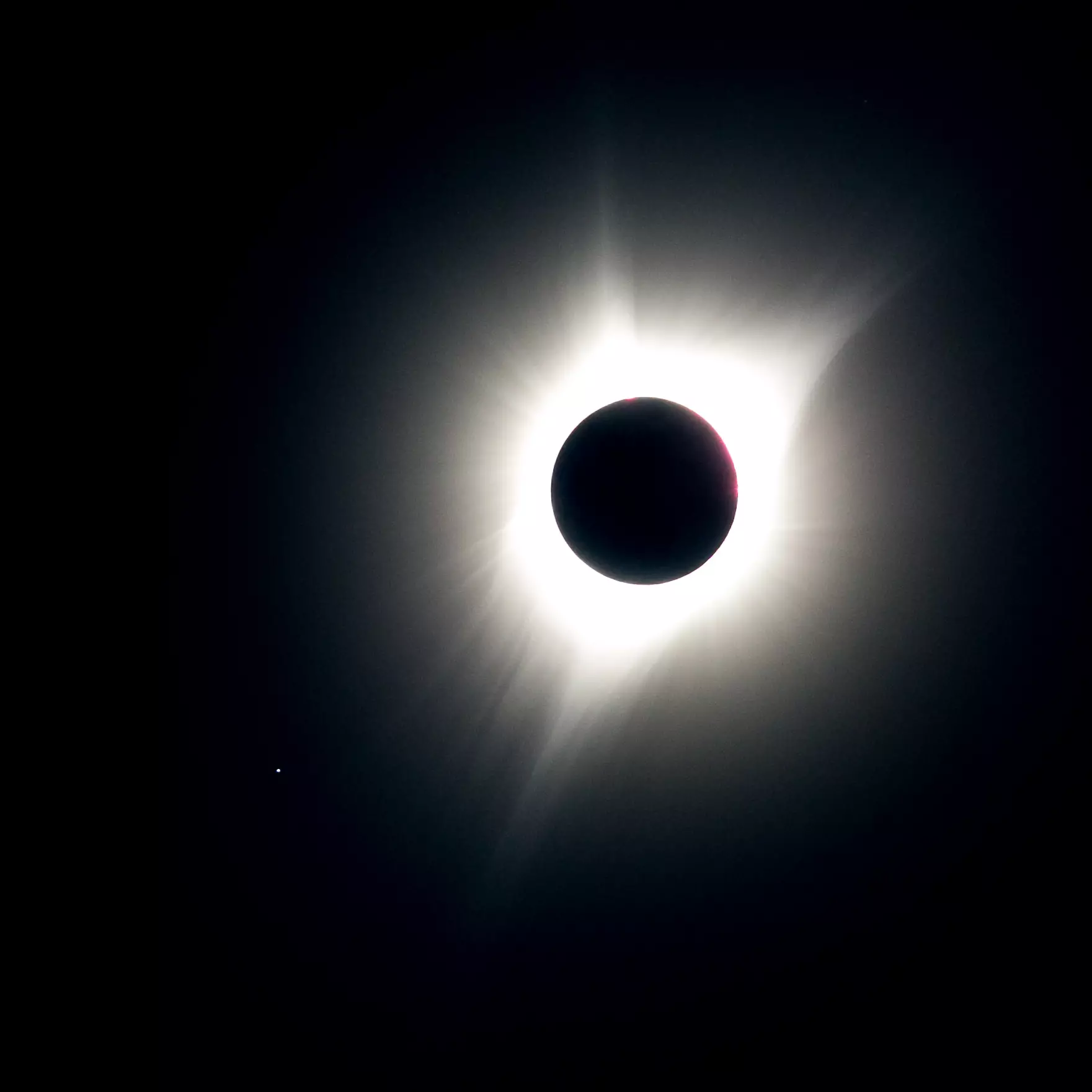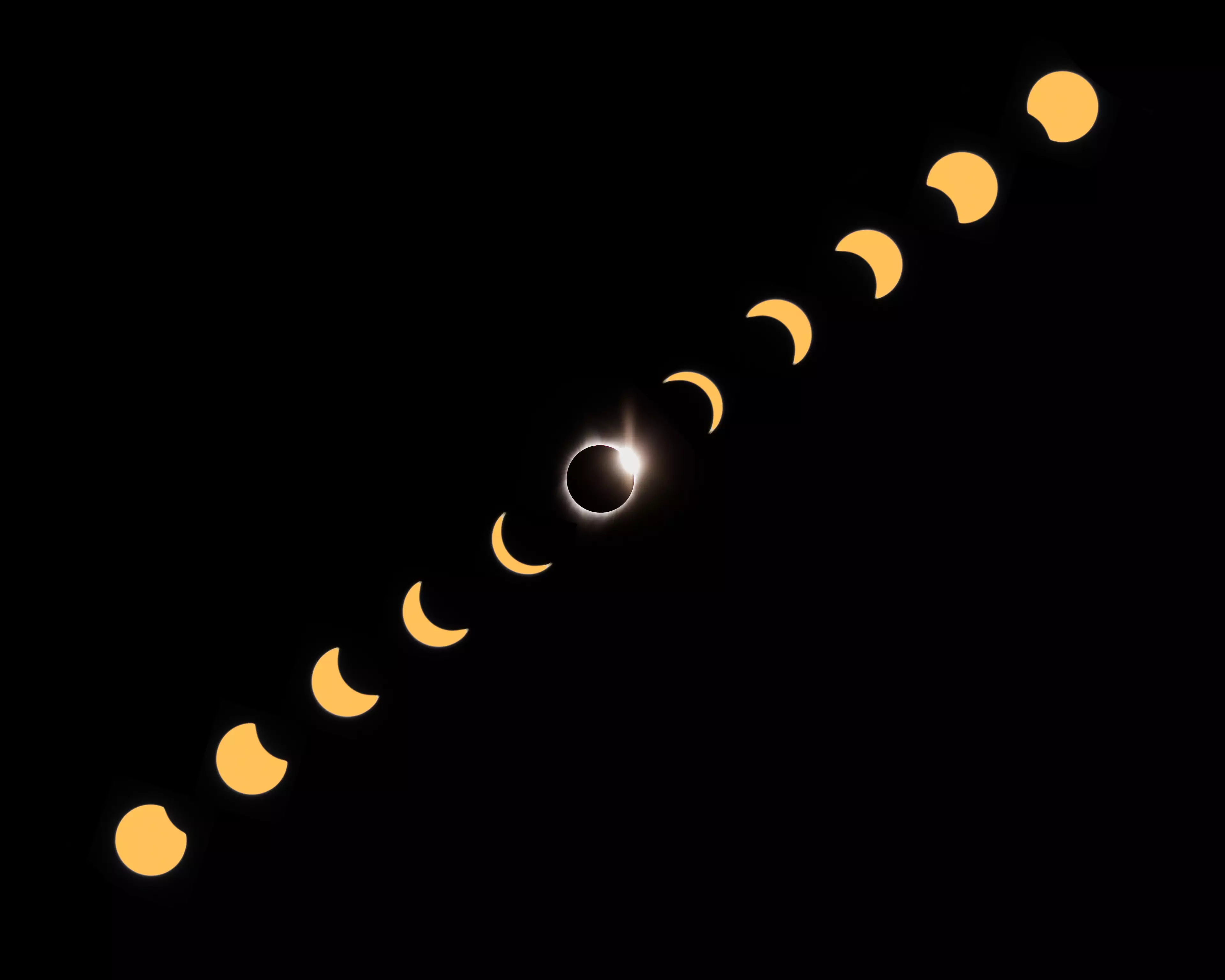
The evening of 21 August saw the US of A bathed in darkness of
the very first kind, as the Great Solar Eclipse took place across the country.
While some places were more ideal than others to get a great view of the night sky (namely Oregon), the whole of America (more or less) enjoyed a night of dazzling stars and beautiful skies. For some, though, it got even better, as they reported superhuman-esque abilities to see in the dark.
Many thought they had suddenly become one of the X-Men (or X-Women), while it goes without saying that a few people almost certainly did something daft as a result, like trying to use their newfound mega-sight to save the world or steal hamburgers.

Credit: PA Images
Advert
In reality, the 'improved' levels of sight experienced by a number of people could be put down to a more boring, scientific, less mutant-labby explanation.
It's called GABA, and has absolutely nothing to do with Swedish/Norwegian '70s wonder group ABBA. GABA, or gamma-aminobutyric acid, is a chemical receptor which controls messages to the brain.
Researchers looking into the wonder molecule believe the receptor played a key role in people's heightened ability to see in what should have been difficult conditions.
In sunny weather the GABA receptor is plentiful in the retina which allows us to see things clearly (if not what our best mate Tony and girlfriend Tanya are really up to at the jumble sale). But at dusk, the GABA receptor ebbs away from our retina, making it much harder to see.

Credit: PA Images
Advert
The process is gradual, however, so when the eclipse occurred suddenly (by our eyes' standard), people's receptors remained in place, allowing them to feel like mutants, if only for a brief, glorious period.
Stuart Mangel of Ohio State University, had this to say: "It has been known for decades that there is a mechanism in the retina in the eye that helps us see small objects and detect edges on bright days, and that this mechanism gradually turns off when it's dark. However, what this mechanism is and how it is controlled has been a mystery."
Researchers also noted that dopamine, a chemical linked to everything from our desire for sex, to addictions and emotions, plays a key role in the rare sight change.
On a bright day we've bags of the stuff which helps us not just see things, but to do so in crisper detail, which may explain in part why you're less likely to bump into edges during the day. At night, dopamine drops, making it harder for us to find our way around. During the Eclipse, those high dopamine levels likely remained high for many people, enabling them to see America in all its wondrous glory (and Cleveland). Good times.
Featured Image Credit: PA Images